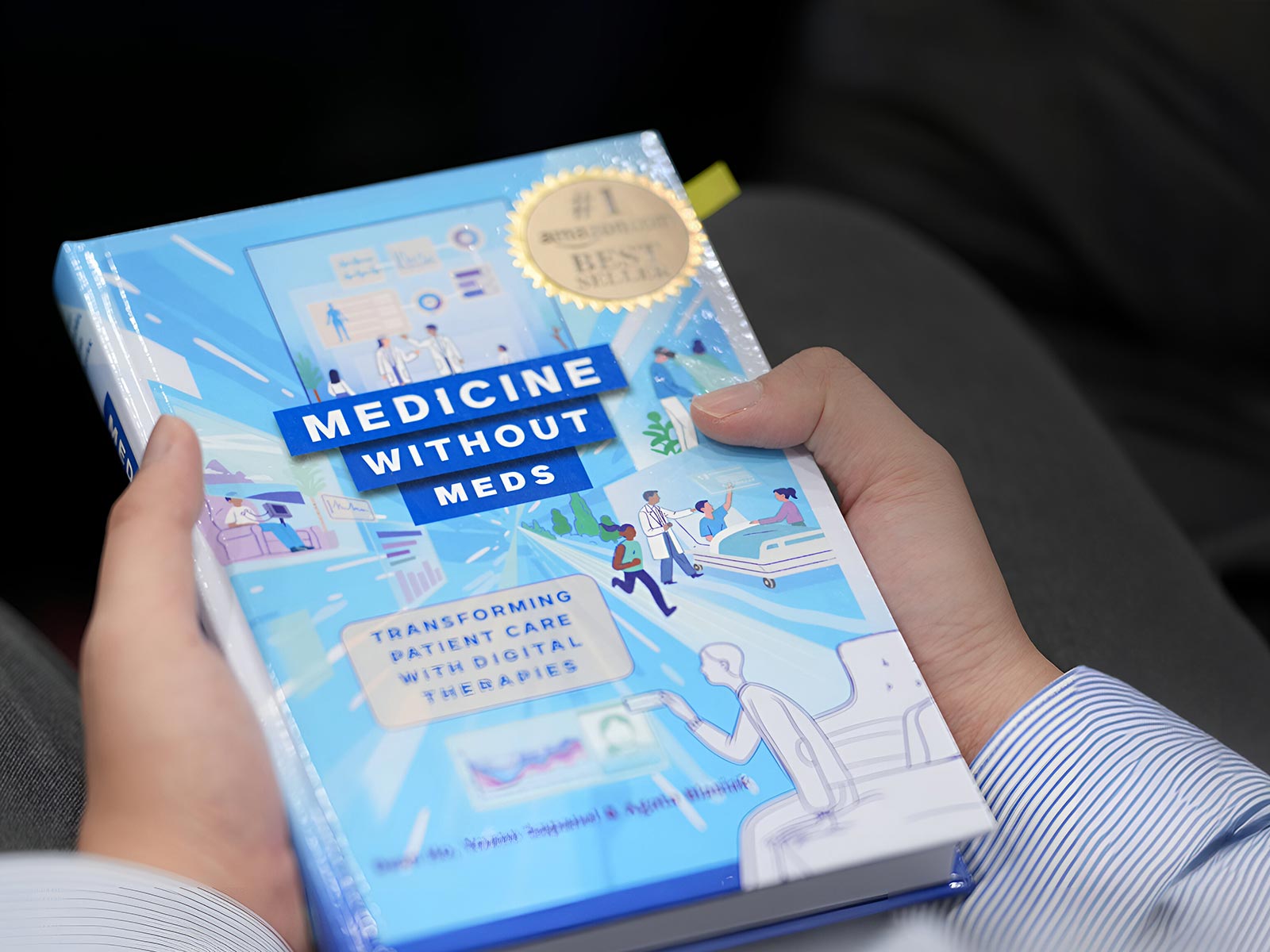
Issue 49
Feb 2024
STUDENT MATTERS
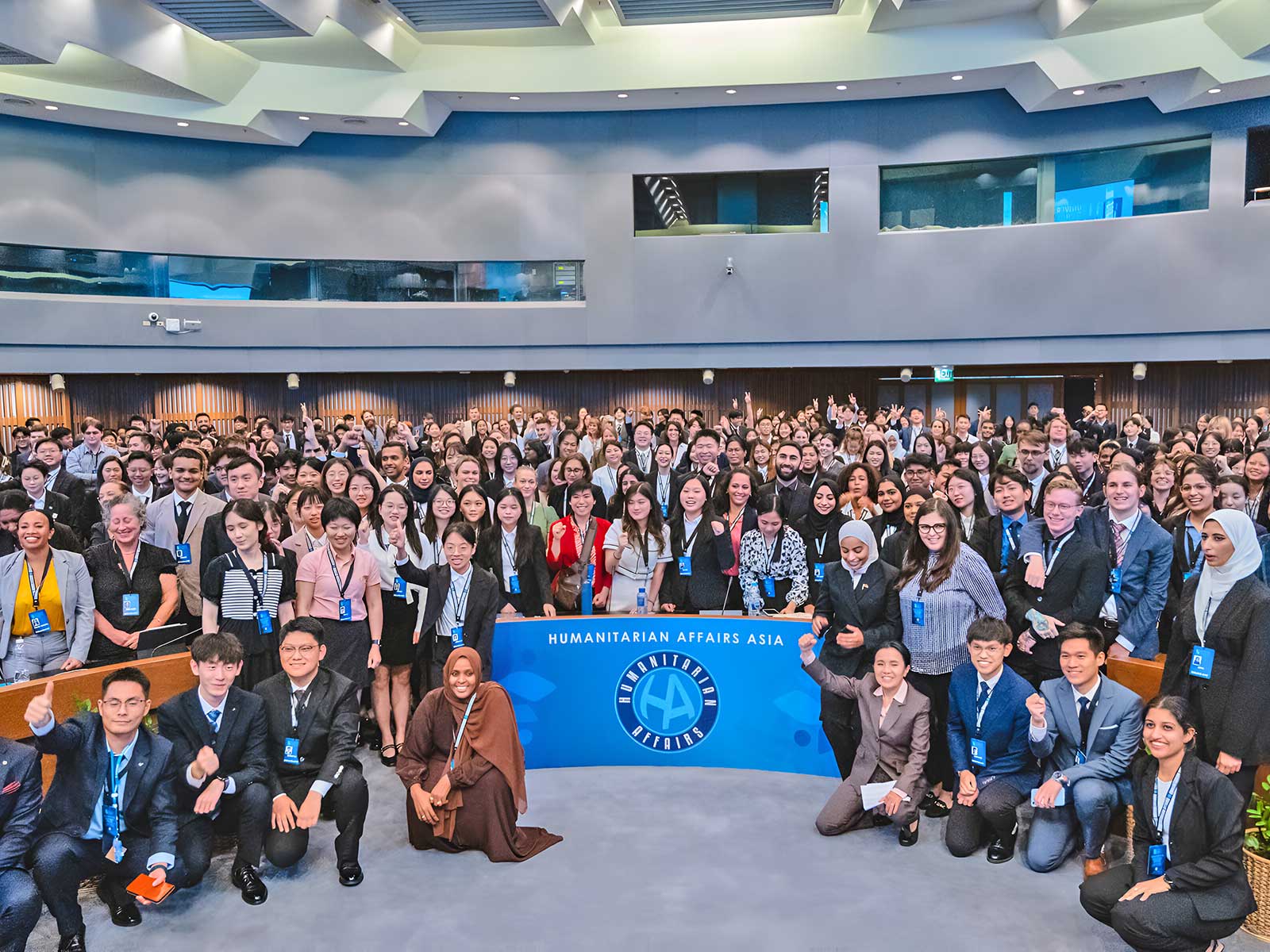
Held from 1 to 4 August 2023 at the United Nations Conference Centre in Bangkok, Thailand, 500 representatives from 46 nations came together at the 11th University Scholars Leaders Symposium (USLS) to learn from experts and each other, with the aim to spearhead sustainable initiatives for their communities.
In line with the School’s aim to nurture empathetic medical professionals who are socially conscious, globally aware and committed to serve, the Office for Students (OfS) nominated and supported three medical students to represent Yong Loo Lin School of Medicine, National University of Singapore (NUS Medicine) at the symposium. By offering our medical students with learning opportunities that go beyond academics and the chance to be a part of a global community of compassionate changemakers, OfS hopes to spur our students into coming up with innovative solutions for the future of health.
NUS Medicine students Tammy Yim, Nathan Edward Lee and Sri Priyanka d/o Rajanala reflect on their experience.
Many of the speeches were incredibly moving not just in their content, but also in the medium through which they were delivered. This made me realise how, often, the skills to pitch and share one's ideas are inextricable from the growth and success of any initiative. This important skill is not one to be overlooked, and I was privileged to have witnessed a range of great speakers exemplifying it throughout the symposium.”
This experience has ignited a fervent passion within me to continue serving my community in school and beyond. The symposium's focus on self-development and servant leadership resonated with me on a personal level. The enthusiasm I feel for working with the youth and my commitment to self-improvement have been further invigorated. I am determined to channel the inspiration I gained from the symposium into concrete actions that contribute to the betterment of society.”
I was inspired by the stories of humanitarian workers who had successfully integrated cultural sensitivity into their projects, resulting in more sustainable and impactful outcomes. This lesson reminded me that while technical skills are essential, cultural competence is equally crucial in the humanitarian field.”
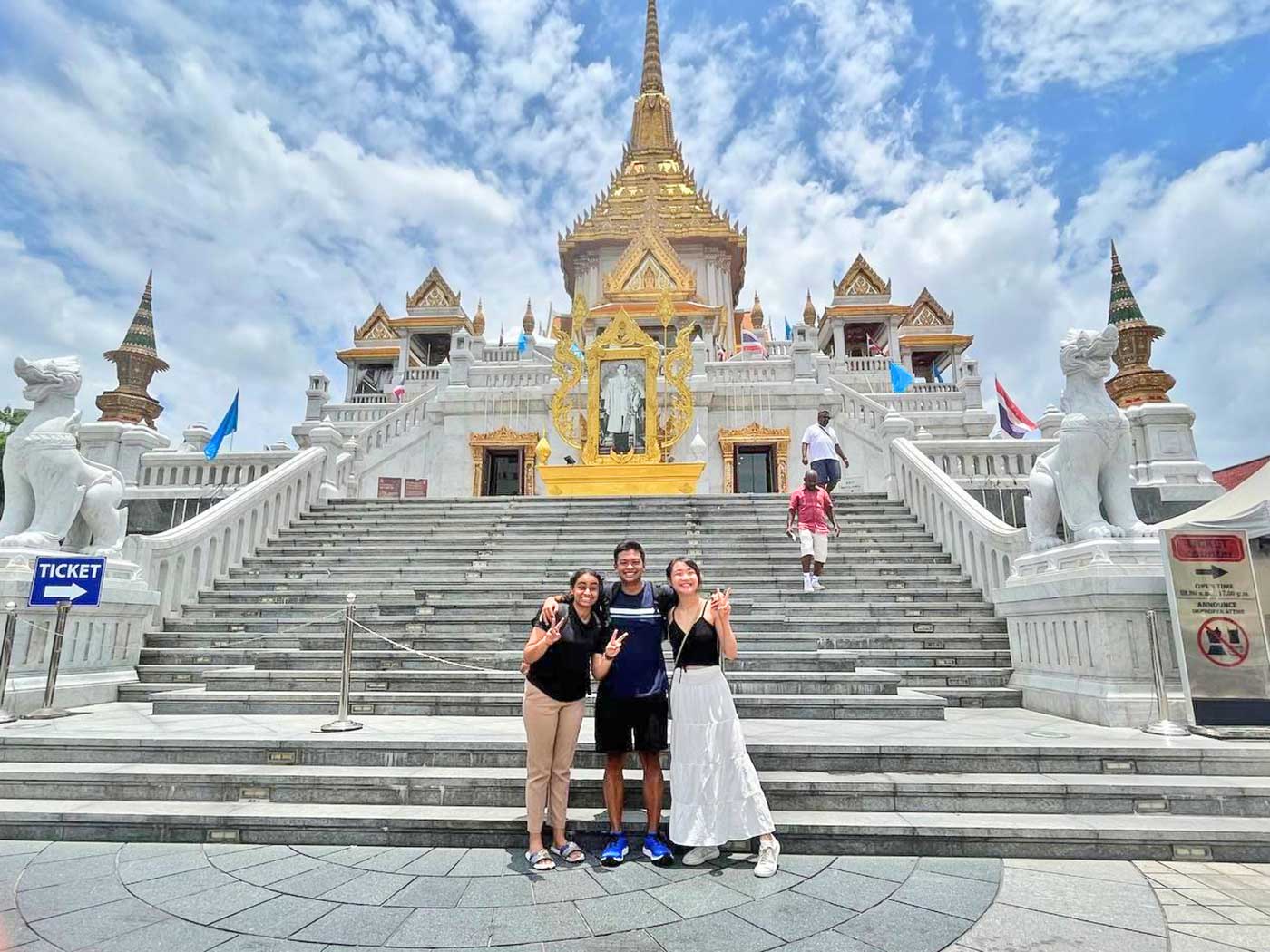
NUS Medicine students Tammy Yim Si Yue, Nathan Edward Lee Jian Liang and Sri Priyanka d/o Rajanala at the Wat Arun Ratchawararam Ratchawaramahawihan temple in Bangkok city.
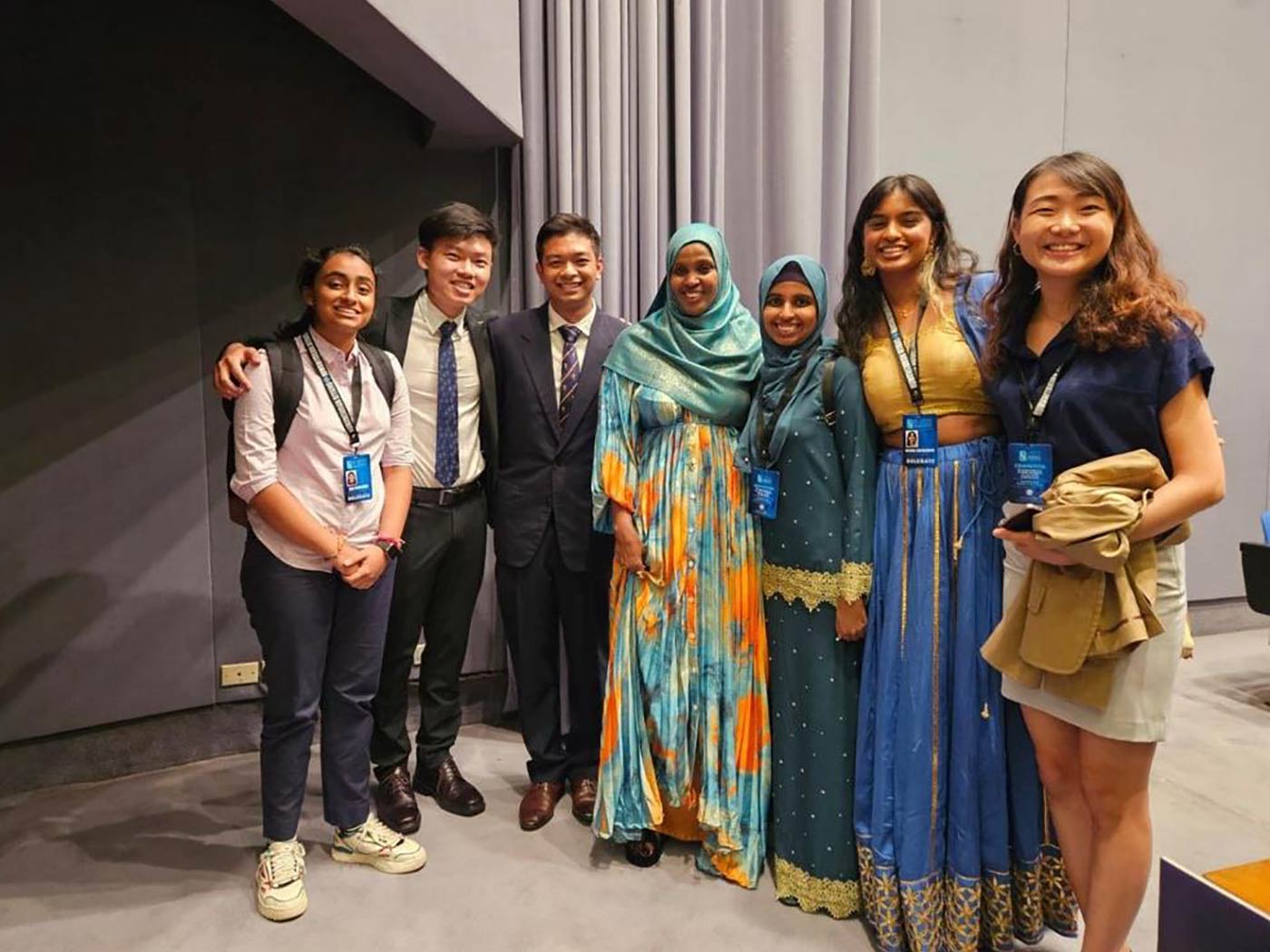
NUS Medicine student representatives with other delegates and speaker Ifrah Ahmed (Founder, Ifrah Foundation, Somalia).
More from this issue
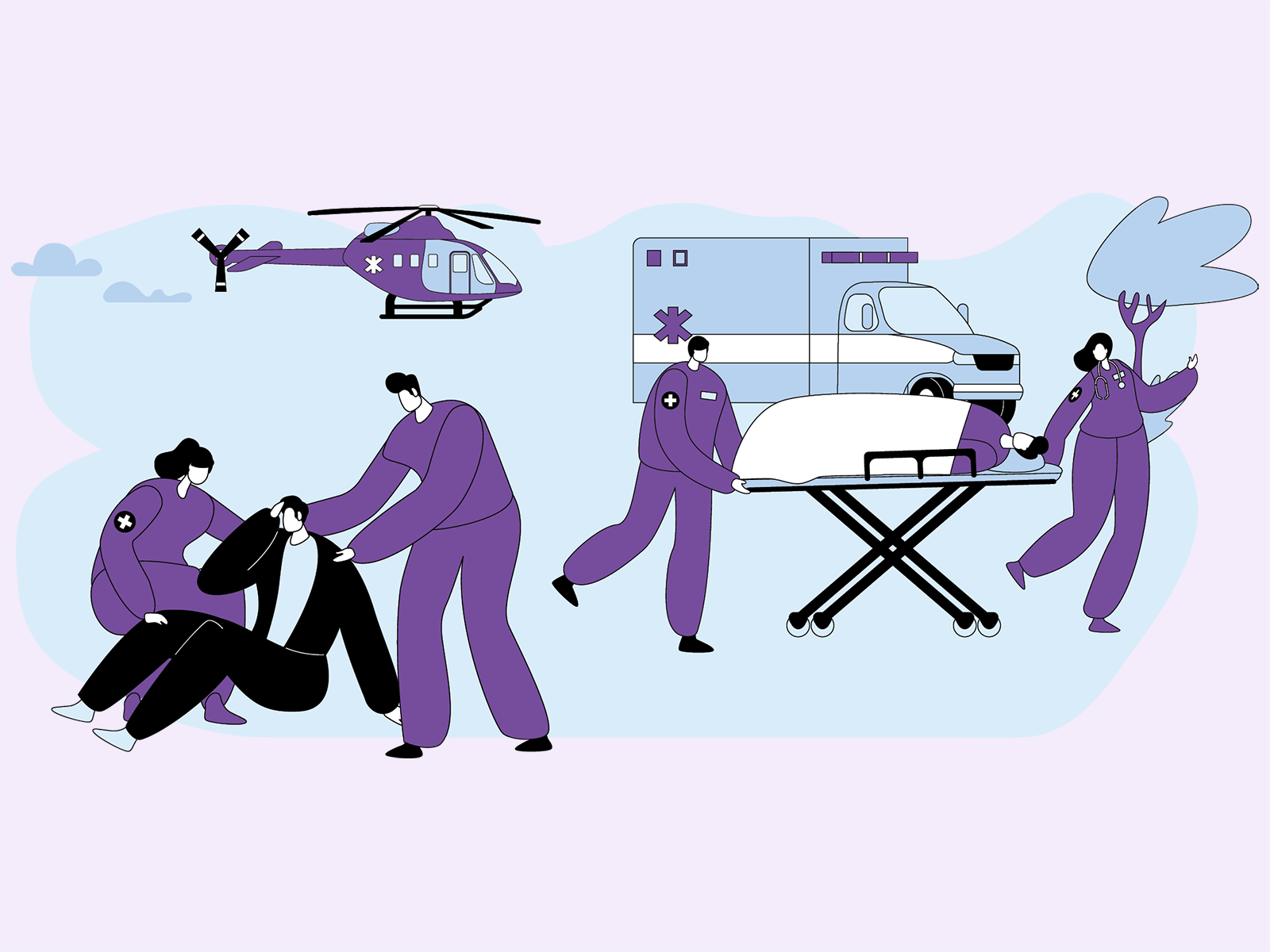
PEOPLE OF NUS MEDICINE
Understanding Disaster Medicine


